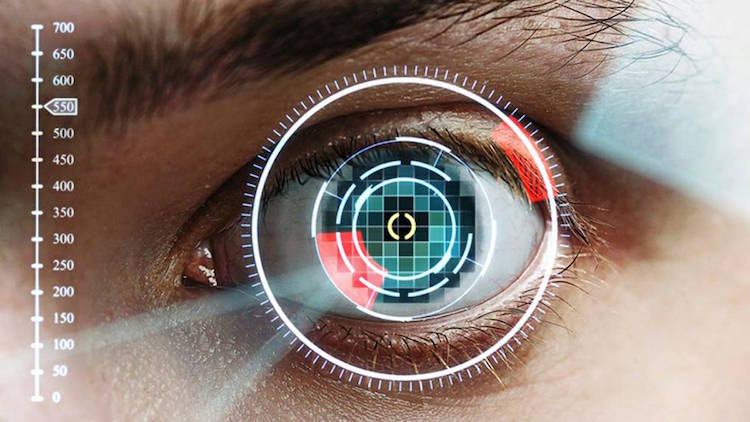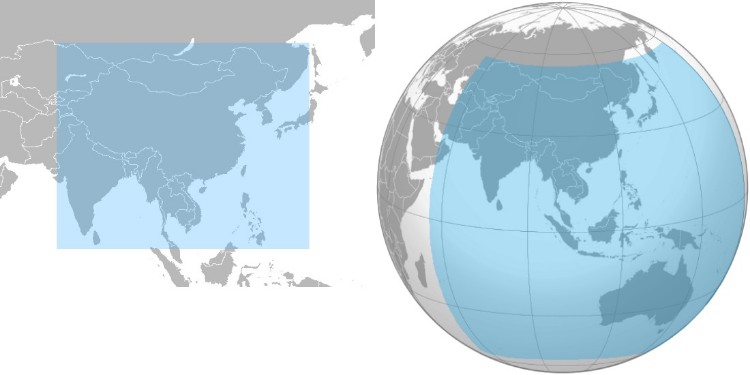- Researchers used deep learning technique to predict risk of cardiovascular diseases by scanning retina.
- The AI detected heart diseases in patients with decent accuracy, comparable to human experts.
The field of artificial intelligence is growing so fast that even analysts are having trouble keeping up with the development. Google has now developed an AI that uses deep-learning models trained on data of over 284,000 patients, to predict cardiovascular risk factors.
Most of the health issues are related to heart attacks and various cardiovascular diseases. Doctors usually predict these diseases by looking into some several factors, like lifestyle components (smoking or drinking habits), blood pressure, diabetes, cholesterol level and much more.
In the last few couple of years, we have seen numerous examples of how deep learning methods can actually help to increase the preciseness of diagnoses for medical imaging, especially detecting eye disease in diabetes patients.
And now, this latest algorithm can analyze several risk factors associated with significantly increased risk of cardiovascular diseases. Don’t be surprised if Google researchers come up with even more techniques for diagnosing health issues from retinal scans, in the near future.
What Is Algorithm Capable Of?
 Maps for a single retinal fundus image | Source: nature biomedical engineering
Maps for a single retinal fundus image | Source: nature biomedical engineering
This algorithm is trained on 284,335 patients’ data, and it predicted cardiovascular risk factor with high accuracy for two different datasets of 999 and 12,026 patients. For instance, the AI successfully distinguished retinal pictures of a smoker from that of a non-smokers, 71 percent of the time.
Usually, doctors can distinguish between the retinal images of normal patients and patients with high blood pressure, whereas this AI can perform even better by predicting the systolic blood pressure within 11 millimeters of mercury (mmHg).
When presented with retinal scans of two patients, one of whom suffered a heart disease in the following 5 years and the other didn’t, Google’s AI was able to tell which was which 70% of the time. The tests that require a blood sample, on the other hand, are 72% accurate in predicting cardiovascular risk.
Reference: Nature | doi:10.1038/s41551-018-0195-0 | Google Research
How It Works?
Deep convolutional neural networks (a type of deep learning technique) have been applied to generate highly accurate algorithms that diagnose diseases like diabetic retinopathy, melanoma, from medical images with comparable accuracy to that of human experts.
 Credit: iStock
Credit: iStock
In order to understand how this works, researchers used “attention based encoder and decoder networks“. This technique produced a heatmap showing which pixel were incredibly valuable for predicting a particular cardiovascular risk factor. For instance, the AI focused more on blood vessels to make predictions about blood pressures.
The method can also be used to make future hypotheses for further examination of the retina and cardiovascular risk.
What’s Next?
Despite of impressive outcomes, the study has many limitations. First, it only used images with a 45º field of view. Future work may investigate the generalizability of these findings to images with either larger or smaller fields of view. Second, the overall dataset size is relatively small for deep learning.
A lot of scientific work remains with such promising outcomes. For now, the model has only several hundred examples of cardiovascular events. In coming months, researchers will be building and testing the AI on a larger scale and more comprehensive datasets.
Read: Google Develops Voice AI That Is Indistinguishable From Humans | Tacotron 2
Moreover, they’ll seek to better understand the intervention effects like changes in lifestyle and medications on risk predictions, and will produce new theories and hypotheses to test.


